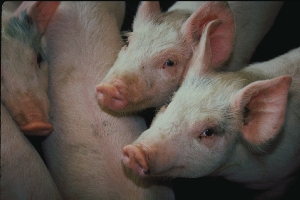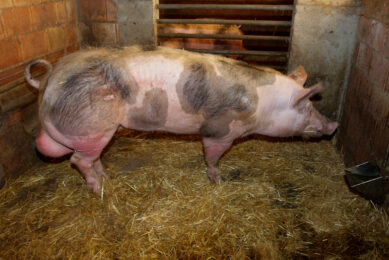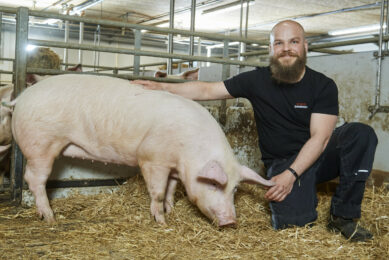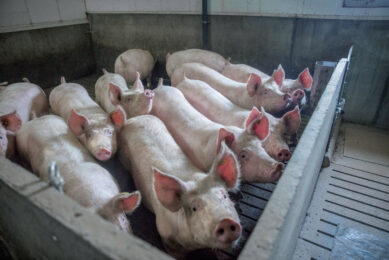Drought brings on infertility in sows and boars

The growing heat may have an adverse influence on breed fertility, says Dr David Fernandez, University of Arkansas at Pine Bluff Cooperative Extension Program livestock specialist.
“The exceptionally high heat could impair the ability of boars, bucks, rams and bulls to produce viable sperm,” Fernandez says. Cows, does, ewes and sows may produce less viable eggs or experience higher levels of early spontaneous abortions.
The high heat is causing the testes of the animals, kept in the scrotum away from the high internal body heat, and cannot cool down. The damage to the sperm caused by the high heat could last for a long time, and wouldn’t be visible in terms of sperm count or motility. The damage would be in the DNA.
“Much of the damage appears to be done to the DNA of the sperm,” he says. This means that a sire may appear to be normally fertile after a breeding soundness exam, but pregnancy rates of dams may be low, with many repeat breeders.
Females aren’t spared either in the higher temperatures: eggs may be less fertile, or embryos may not survive.
The effects of high temperatures, however, tend to be limited to the oestrus cycle, so there is a quicker turn-around back to normal fertility.
Fernandez advises to keep the animals cool, keep their feed intake under close scrutiny, and be prepared that the heat wave will put of the breeding season.
Related website
University of Arkansas











